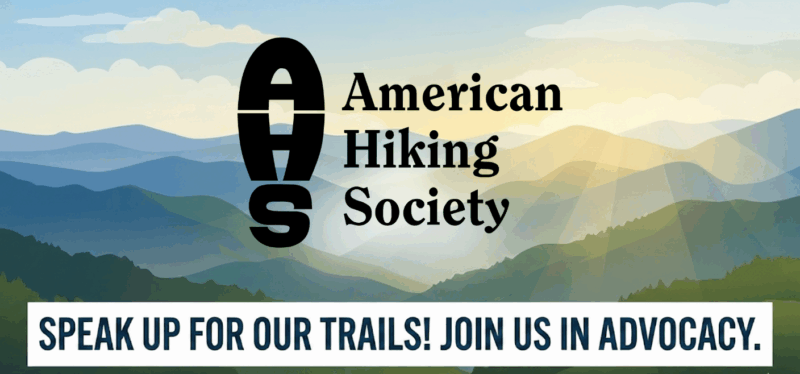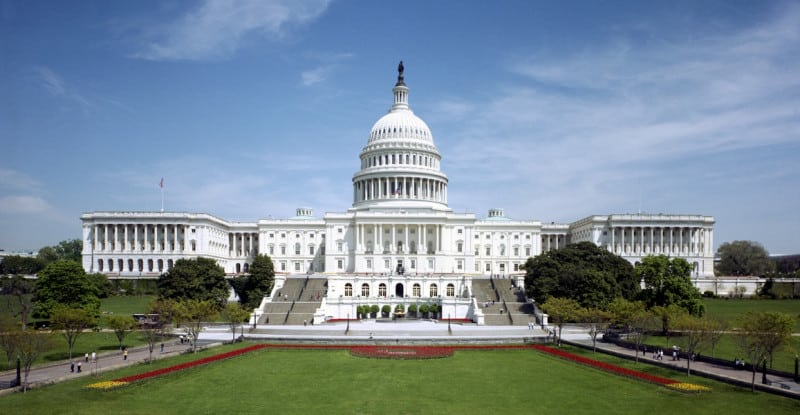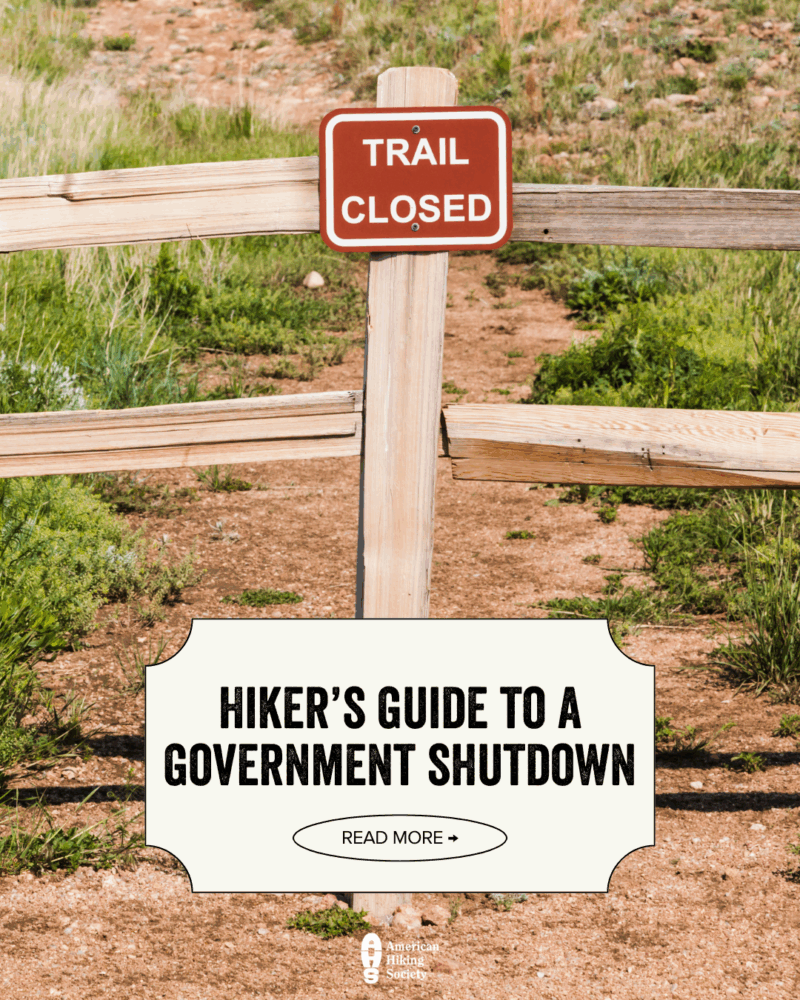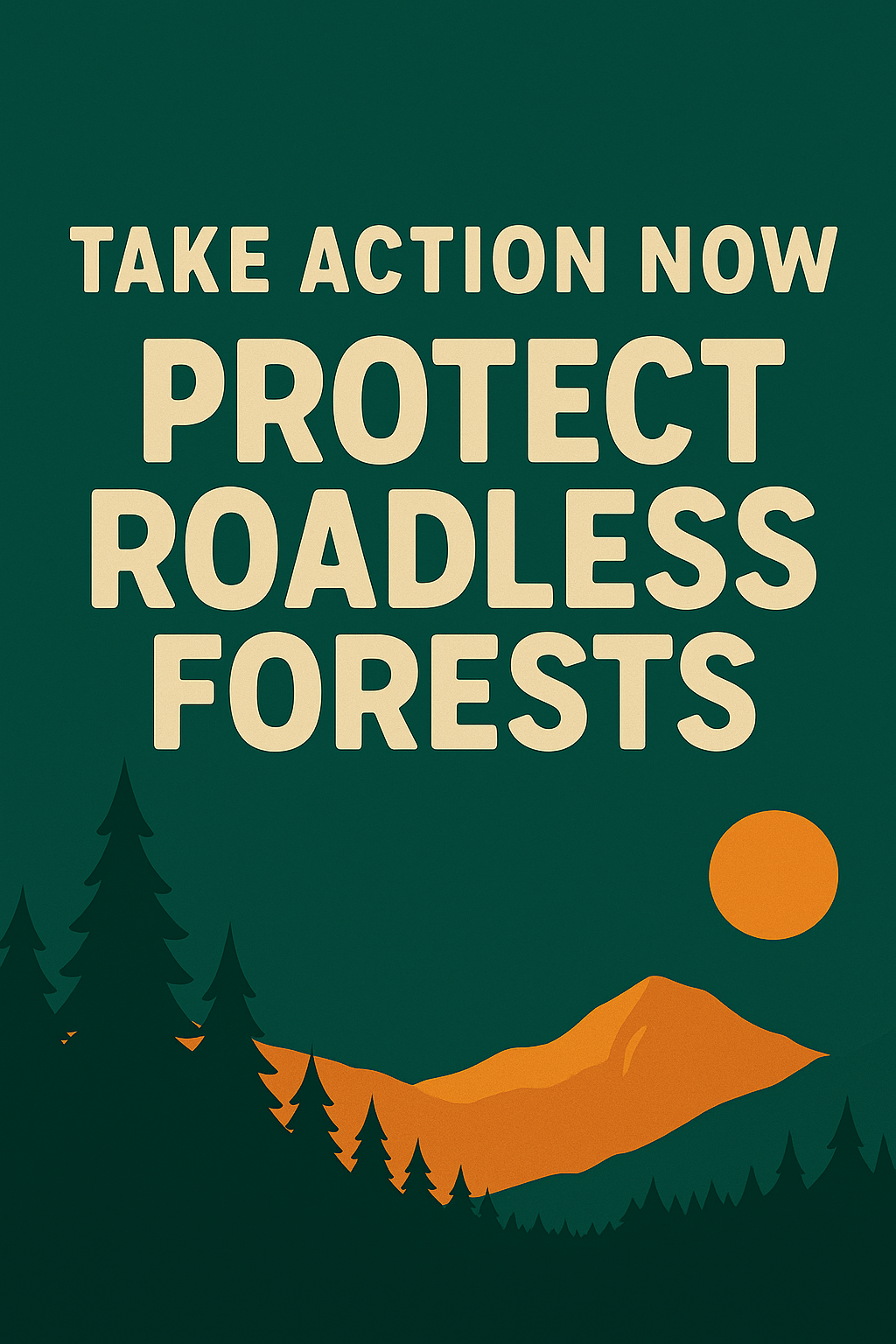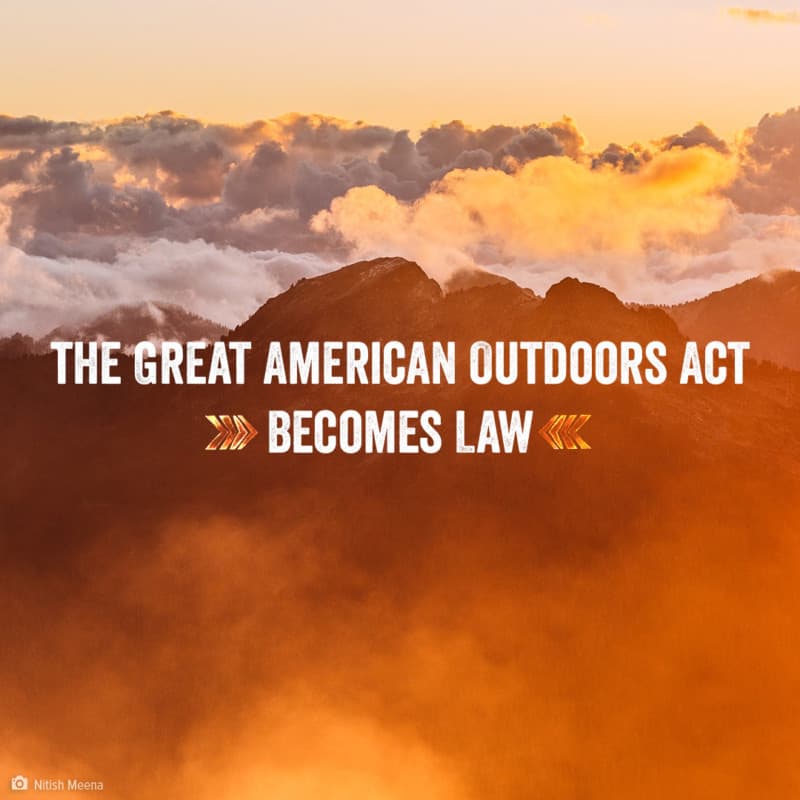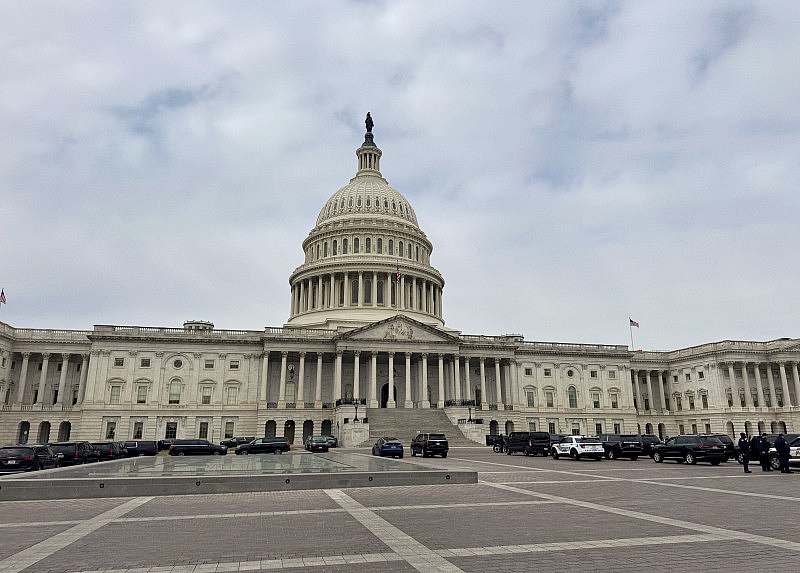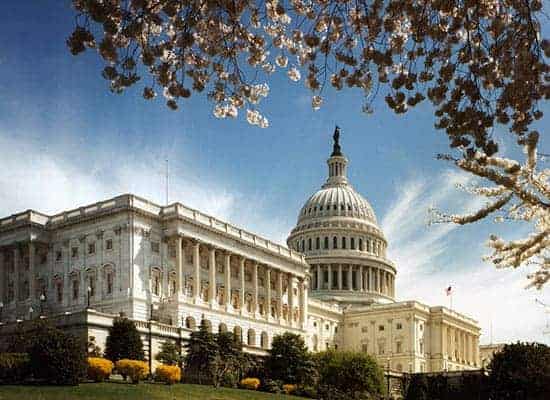Advocacy
A New Year Win for the Trails You Love: Advocacy in Action
American Hiking Society and partners secure increase in trails funding for federal land management agencies.
Read MoreFY26 Trail Funding Letter from 259 Organizations (November 2025)
As Congress works together on a final bill, we ask you to adopt the following trail specific funding levels and report language that are included in the respective House and Senate versions of the Interior, Environment, and Related Agencies funding bills.
Read MoreA Hikers Guide to the Government Shutdown (Updated Sept. 2025)
Your bags are packed, the car is loaded, and you are about to set off on a nice outdoor getaway to enjoy some hiking and fresh air when you hear then news that the government has shut down and you may not be able to access your favorite trail. Don’t fear, you can likely still go out and enjoy your hike, but you will be more limited in where you can go, what resources will be available, and who will be there to assist you.
Read MoreAmerican Hiking Society Comments on Roadless Rule Proposed Repeal
On behalf of AHS and the 63 million strong hiking community we oppose the proposed rescission of the Roadless Rule as it will negatively impact the hiking community’s access to and enjoyment of the 9,298 miles of hiking trails contained within roadless areas.
Read MoreHearing Statement- House Natural Resources Great American Outdoors Act
On behalf of American Hiking Society (AHS) and the 63 million strong hiking community we write in support of the extension of the Great American Outdoors Act National Parks and Public Lands Legacy Restoration Fund (LRF) and the impact it has had in improving outdoor recreation and public lands access for hikers across the country.
Read More2025 Advocacy Update
The first half of 2025 has been one of the busiest—and challenging—years in recent memory for trails and public lands advocates. Here’s a comprehensive update on where things stand, what’s at risk, and how you can get involved.
Read MoreAmerican Hiking and 258 Organizations Support FY26 Trail Funding (Senate)
On behalf of American Hiking Society and the millions of trail users our collective organizations represent who spend their time, money and energy to get out on trails for recreation, health and wellness, and to volunteer, we thank the Committee for the opportunity to provide testimony on the importance of adequately funding our nation’s trails and public lands.
Read More
